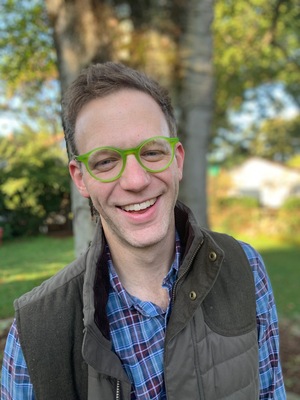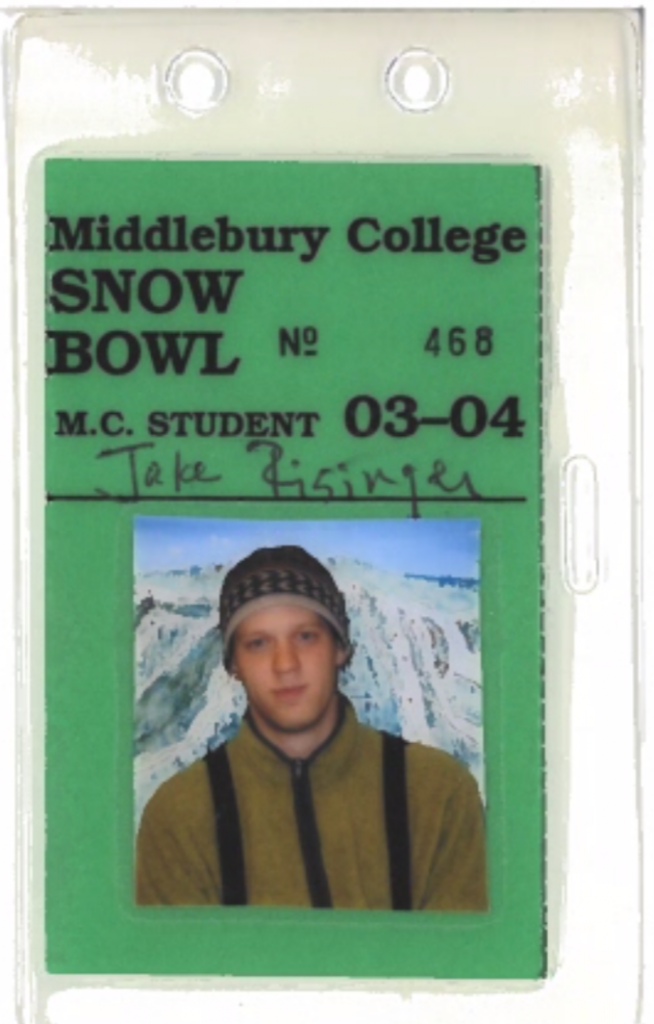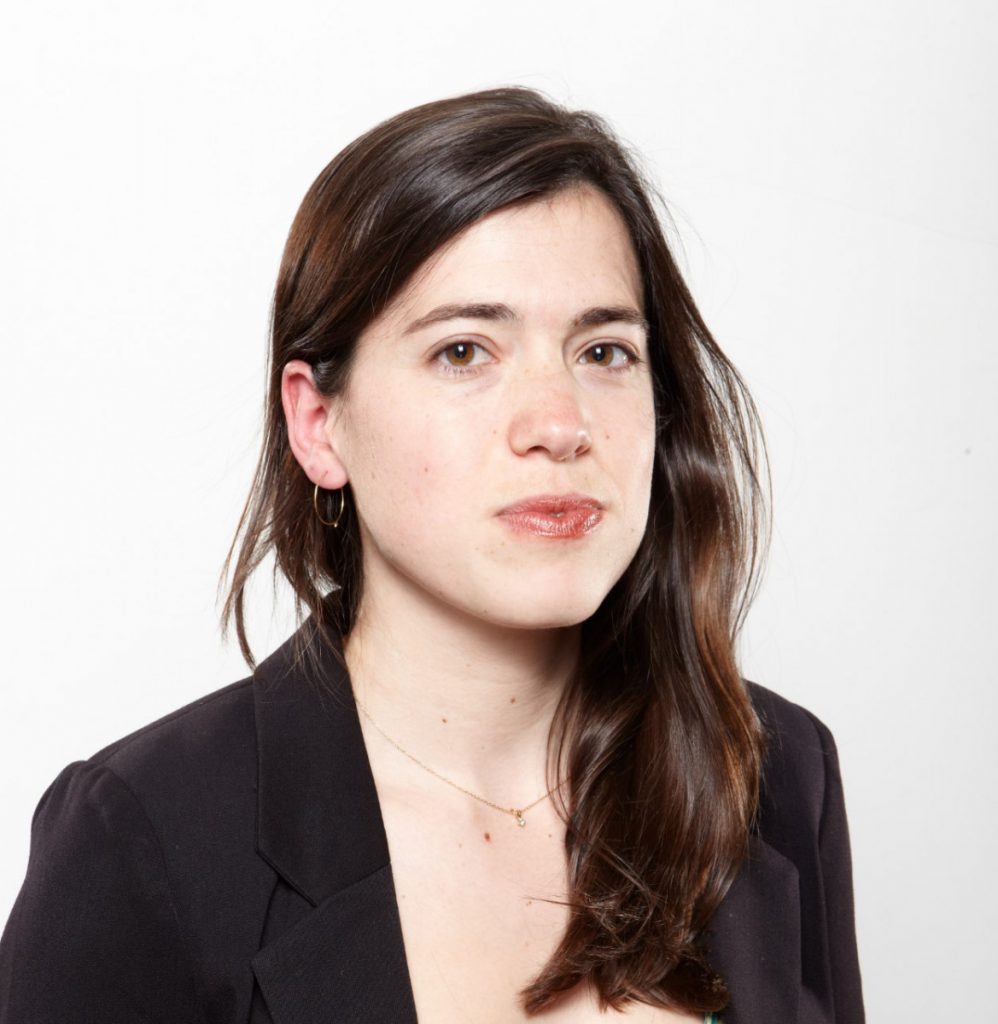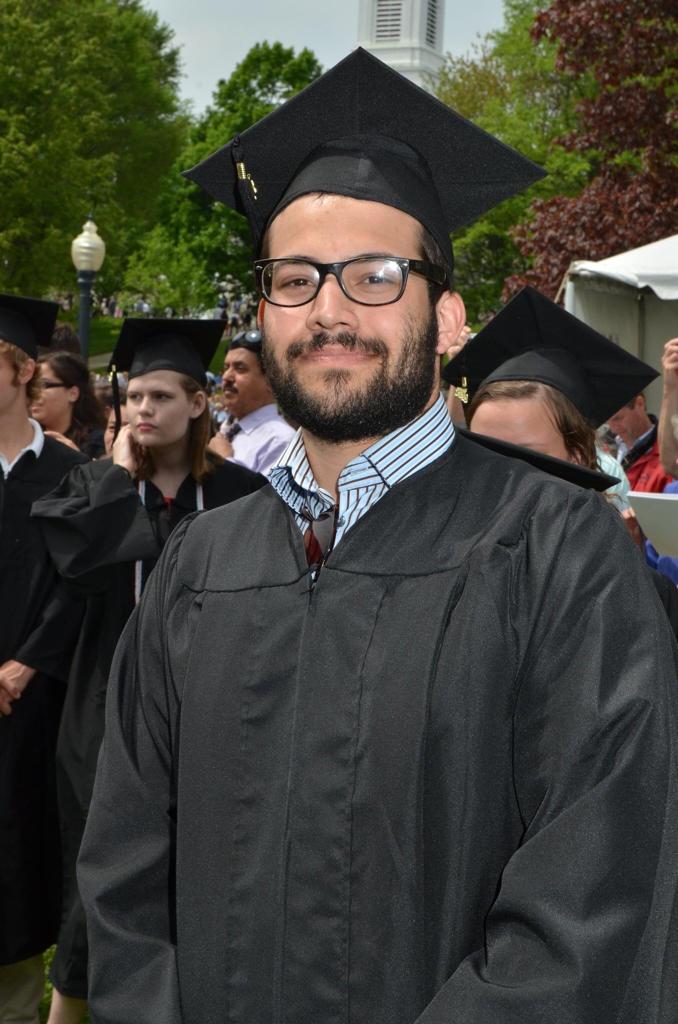
Current NER summer intern Simone Edgar Holmes ’20.5 talks to Vedika Khanna ’14, former NER intern and current assistant editor for HarperCollins Publishers, about the publishing industry and some exciting upcoming books.
Simone Edgar Holmes: When were you an intern at NER and what was the highlight of your experience?
Vedika Khanna: I was a fall intern at NER in 2010. Reading submissions and discussing them with Carolyn [Kuebler] was by far the highlight. That was the first time I analyzed and assessed writing with the question of whether it ought to be published, which was very different from what I was doing in my creative writing classes at Middlebury. My current approach to considering submissions is built off what I learned from Carolyn during my internship.
SEH: That’s wonderful to hear! You now work as an Assistant Editor for HarperCollins Publishers in New York City––sounds like a dream job! What were some steps you took to get to where you are now?
VK: I did a lot of informational interviews, some through the Middlebury network, when I first got to NYC. They gave me a basic understanding of how the publishing industry works. I then interned at the Writers House literary agency, where I honed my skills, gained a more in-depth view of publishing, and got clarity on how I wanted to be a part of it. After that, I applied to jobs and was eventually hired as an Editorial Assistant at HarperCollins. Summarizing it like this makes it sound easy, but it actually took almost three years to land my job after arriving in NYC.
SEH: Briefly, what does your day-to-day at HarperCollins look like?
VK: I assist two editors, one who works on fiction and one who works on nonfiction. My day-to-day work largely involves shepherding their books through the publication process. This can include anything from working on contract requests to writing copy to creating jacket memos to prepping manuscripts for the production team, and more. I’m also trying to acquire books for my own list, so I’m consistently networking with literary agents, reading submissions, and working on the same tasks mentioned earlier for my own titles.
SEH: It’s great to get a sense of what your job entails. What was one skill you developed as an undergraduate, either in school or any internships, that most benefits you in you today in your professional work?
VK: Working as a peer writing tutor at Middlebury completely shaped the way in which I edit books. The big picture, questions-based approach to editing students’ essays transfers seamlessly to book editing, as do the interpersonal skills involved in working with people on their writing one-on-one.
SEH: I’m also a peer writing tutor, and have noticed a similar transfer of skills to submissions reading for NER. Does reading for your job making reading for pleasure any less appealing? If not, have you read any good books lately?
VK: I would say reading for pleasure has become more difficult since I started working in publishing, but not less appealing. It’s rejuvenating to get lost in books but finding time to read for fun amidst all the other reading I have to do is tricky. I make as much time for it as I can.
Recently I’ve really enjoyed Seven Brief Lessons on Physics by Carlo Rovelli, Good Talk by Mira Jacob, and Circe by Madeline Miller. I also can’t help but recommend three amazing books coming out this fall: When No One is Watching by Alyssa Cole, Written in the Stars by Alexandria Bellefleur, and Plain Bad Heroines by Emily M. Danforth.
SEH: Thank you Vedika for speaking with me today! I’ve enjoyed Madeline Miller’s Circe myself, and look forward to reading your other recommendations once they’re out this fall.




